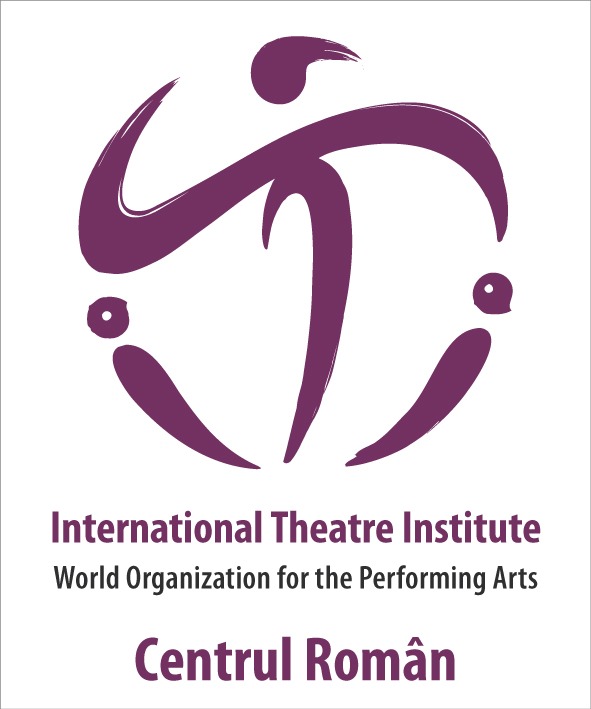World Theatre Day
27th March 2010
International Message
A Case for Theatre in Service of Humanity
Today’s gathering is a true reflection of the immense potential of theatre to mobilize communities and bridge the divides.
Have you ever imagined that theatre could be a powerful tool for peace and reconciliation? While nations spend colossal sums of money on peace-keeping missions in violent conflict areas of the world, little attention is given to theatre as a one-on-one alternative for conflict transformation and management. How can the citizens of mother-earth achieve universal peace when the instruments employed come from outside and seemingly repressive powers?
Theatre subtly permeates the human soul gripped by fear and suspicion, by altering the image of self – and opening a world of alternatives for the individual and hence the community. It can give meaning to daily realities while forestalling an uncertain future. It can engage in the politics of peoples’ situations in simple straightforward ways. Because it is inclusive, theatre can present an experience capable of transcending previously held misconceptions.
Additionally, theatre is a proven means of advocating and advancing ideas that we collectively hold and are willing to fight for when violated.
To anticipate a peaceful future, we must begin by using peaceful means that seek to understand, respect and recognize the contributions of every human being in the business of harnessing peace. Theatre is that universal language by which we can advance messages of peace and reconciliation.
By actively engaging participants, theatre can bring many-a-soul to deconstruct previously held perceptions, and, in this way, gives an individual the chance of rebirth in order to make choices based on rediscovered knowledge and reality. For theatre to thrive, among other art forms, we must take the bold step forward by incorporating it into daily life, dealing with critical issues of conflict and peace.
In pursuance of social transformation and reformation of communities, theatre already exists in war-torn areas and among populations suffering from chronic poverty or disease. There are a growing number of success stories where theatre has been able to mobilize publics to build awareness and to assist post-war trauma victims. Cultural platforms such as the “International Theatre Institute” which aims at “consolidating peace and friendship between peoples” are already in place.
It is therefore a travesty to keep quiet in times like ours, in the knowledge of the power of theatre, and let gun wielders and bomb launchers be the peacekeepers of our world. How can tools of alienation possibly double as instruments of peace and reconciliation?
I urge you on this World Theatre Day to ponder this prospect and to put theatre forth as a universal tool for dialogue, social transformation and reform. While the United Nations spends colossal amount of monies on peacekeeping missions around the world, through the use of arms, theatre is a spontaneous, human, less costly and by far a more powerful alternative.
While it may not be the only answer for bringing peace, theatre should surely be incorporated as an effective tool in peacekeeping missions.
Jessica A. Kaahwa, Uganda
World Theatre Day
27th March 2010
National Message
The Scene of the World
The beginning of the 21st century is marked by violence and cynicism. The earth is shaking, civilizations are being destroyed, water floods the sky, tyrants are being replaced, the fuel price is rising. Everything is visible from incredible distances, and this show seems to predict our planet’s apocalyptic ending.
“The Earth is trembling”, said Shakespeare in one of his plays, and on the stage an actor playing a minor part tells us shyly of the voice that predicts absolute evil. The scene of the world is nowadays haunted by everything that is imagined, constructed openly and poetically represented in theatre.
Still…
Think back to your childhood, remember the joy of making small discoveries, look for yourself in your teenage years and you will relive feelings that were seemingly lost. Walk into a Theatre as if it was for the first time, and listen to the fascinating stories that instantly appealed to you back then. Stay there for as long as possible. You are protected, you are cultivated, you are wanted, you are charmed.
As a spectator to the drama of the world, to the tragedy of fate, you will laugh out loud at your naivety when you realize everything is just an illusion.
In other words: “A tale of noise and fury”, as Shakespeare said, throwing his magic wand and book into the overflowing sea.
UNITER/ ITI Romanian Centre President
Ion Caramitru

